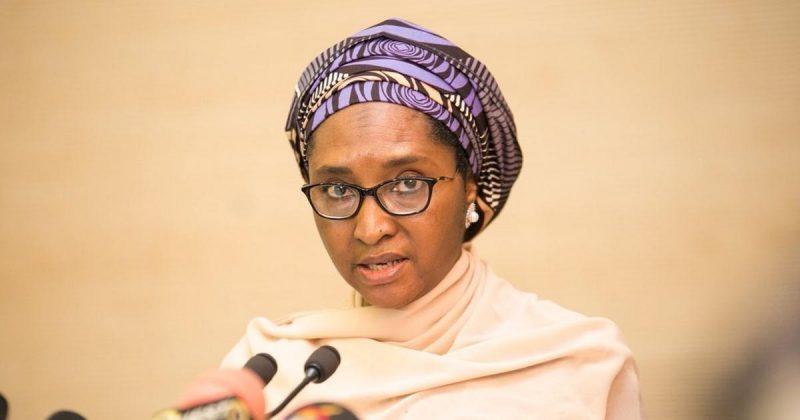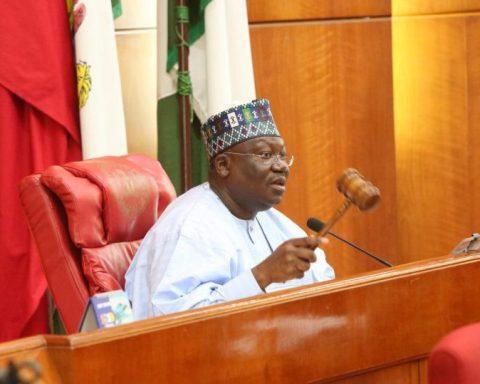Nigeria’s total debt stock rose from N32.9tn as of December 2020 to N39.6tn in November 2021, the accounting to Minister of Finance, Budget and National Planning, Mrs. Zainab Ahmed.
Ahmed, in her presentation of the 2022 approved budget, disclosed that the government borrowed N6.7tn between January and November 2021, according to a copy of the presentation obtained by our correspondent.
Join our WhatsApp ChannelThe new borrowing in the period under review consists of N5.1tn domestic debt and N1.6tn. The domestic debt, however, includes borrowing from the Central Bank of Nigeria.
The minister defended government borrowing and the country’s debt level, insisting the country had a revenue challenge, and not a debt problem, adding that the debt level was still within sustainable limits.
She said: “This is to restate, that the debt level of the Federal Government is still within sustainable limits. Borrowings are essentially for capital expenditure and human development as specified in Section 41(1)a of the Fiscal Responsibility Act 2007.
“Having witnessed two economic recessions we have had to spend our way out of recession, which contributed significantly to the growth in the public debt.
“It is unlikely that our recovery from each of the two recessions would have been as fast without the sustained government expenditure funded partly by debt.”
“However, economic experts, including a former Deputy Governor of the Central Bank of Nigeria and former presidential candidate, Kingsley Moghalu, have countered the minister.
“You cannot say that we have a debt-to-GDP ratio that allows you to continue borrowing. No! That is an argument for sustainable economies. You cannot be comparing Nigeria with advanced economies. We are in an economy that is still very basic.
“If you are not earning enough revenue, why are you borrowing? You are just compounding your problem. Why don’t you focus on where to get the revenue from instead of lazily ignoring that problem and just trying to survive with borrowing?
“If an individual was living a life that way, it would be a calamity. That is why Nigeria is in a calamitous situation today economically,” he said.
The World Bank had recently said Nigeria’s debt was vulnerable and costly, adding that the country’s debt was at risk of becoming unsustainable in the event of macro-fiscal shocks.
- PBA Reporter
- PBA Reporter
- PBA Reporter
- PBA Reporter
- PBA Reporter
- PBA Reporter
- PBA Reporter
- PBA Reporter
- PBA Reporter
- PBA Reporter
- PBA Reporter
- PBA Reporter
- PBA Reporter
- PBA Reporter
- PBA Reporter
- PBA Reporter
- PBA Reporter
- PBA Reporter
- PBA Reporter
- PBA Reporter
- PBA Reporter
- PBA Reporter
- PBA Reporter
- PBA Reporter
- PBA Reporter
- PBA Reporter
- PBA Reporter
- PBA Reporter
- PBA Reporter
- PBA Reporter
- PBA Reporter
- PBA Reporter
- PBA Reporter
- PBA Reporter
- PBA Reporter
- PBA Reporter
- PBA Reporter
- PBA Reporter
- PBA Reporter
- PBA Reporter
- PBA Reporter
- PBA Reporter
- PBA Reporter
- PBA Reporter
- PBA Reporter
- PBA Reporter
- PBA Reporter
- PBA Reporter
- PBA Reporter
- PBA Reporter
- PBA Reporter
- PBA Reporter
- PBA Reporter
- PBA Reporter
- PBA Reporter
- PBA Reporter













